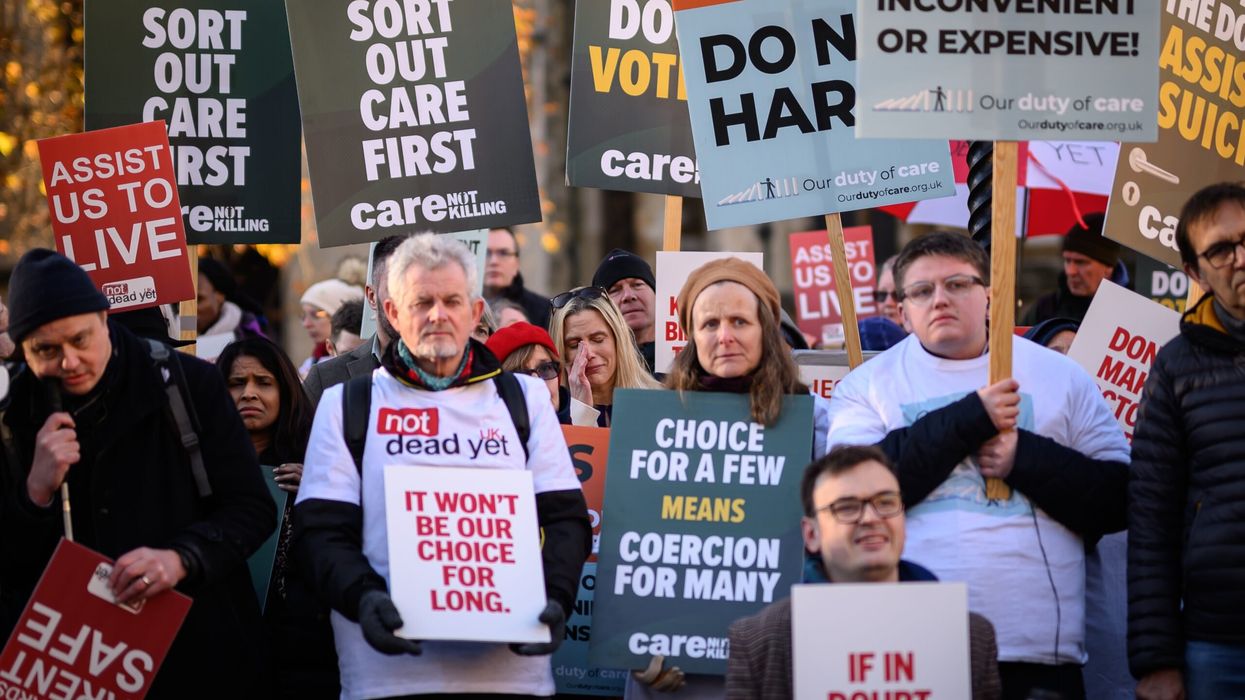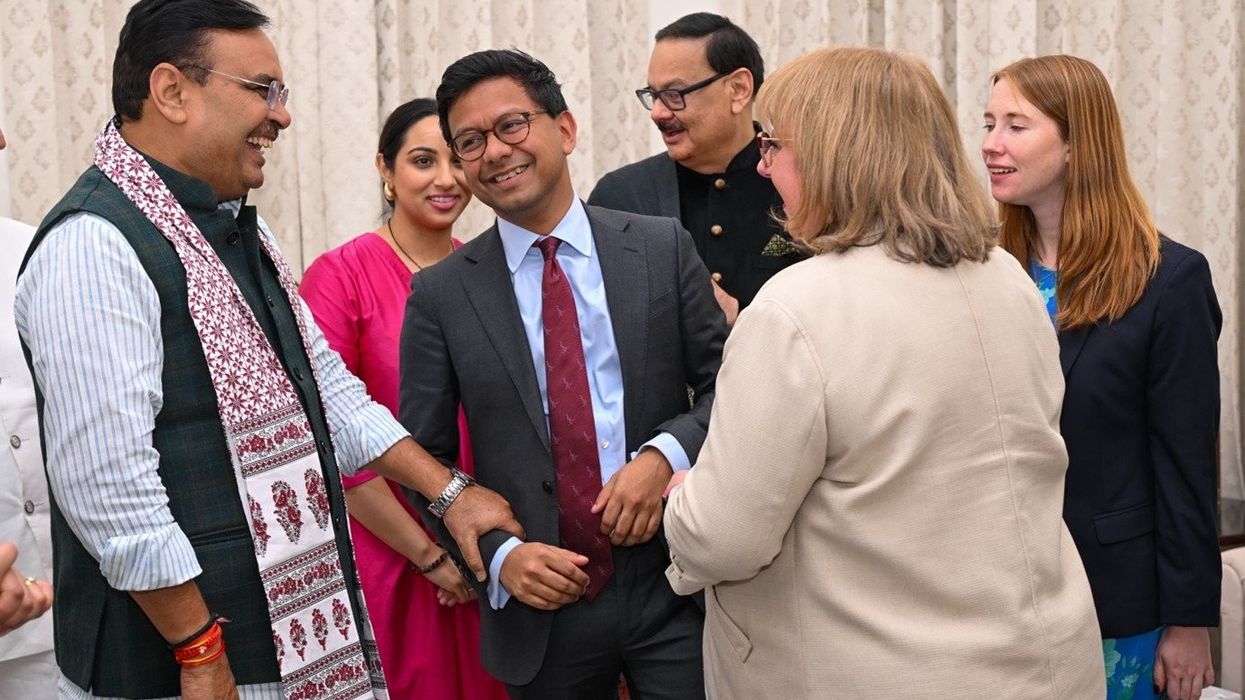IN 2015, the forests of southern India witnessed a great tragedy as 28 elephants fell victim to a mass poaching operation.
The law enforcement response that followed, Operation Shikar, was one of most powerful efforts against wildlife crime that India has ever seen.
The operation, which is now immortalised in the series Poacher, led to the seizure of 500kg of ivory as well as over 70 arrests. Yet, despite this victory and so many others across the globe, the scourge of the illegal wildlife trade persists.
Between June 2022 and May 2023, more than 40 rangers were killed in the line of duty while protecting India’s wildlife. India’s rangers are doing excellent work, but the battle against the wildlife crime is not one that can be fought alone.
Ranked as the fourth most profitable trafficking crime globally, behind only narcotics, arms and human trafficking, the illegal wildlife trade is a serious organised crime fuelled by international criminal syndicates. Tackling it requires an equally global, organised response.
India – home to between seven per cent and eight per cent of the world’s recorded species – is one of only a small number of mega-diverse countries in the world. As a result, it is highly vulnerable to wildlife crime. India is not only a major source country, but also a transit, and destination country for trafficked wildlife and wildlife products.
The systemic removal of wildlife from ecosystems through illegal trade has wide-ranging consequences, impacting communities and economies, all the way to our changing climate.

While poachers have become the face of wildlife crime, the problem does not end with them. Apprehending poachers is essential for immediate enforcement and deterrence, but focusing solely on their crimes overlooks the larger networks orchestrating these activities.
Just as rangers in India have become increasingly experienced and better equipped at tackling wildlife crime over time, the criminal networks behind the trade have also found more advanced ways to evade justice.
One example is moving their activities to cyberspace. With India’s internet user population reaching nearly 500 million, cybercrime poses an enormous challenge to conservation efforts. The network of NGOs tackling wildlife crime in India is strong, but new partnerships and innovation are increasingly necessary to tackle these emerging threats.
United for Wildlife (UfW), founded by Prince William and The Royal Foundation in 2014, aims to make it impossible for traffickers to transport, finance or profit from illegal wildlife products. We work collaboratively with the transport and finance sectors, building key partnerships with law enforcement and NGOs, and sharing information and best practices across the sectors to disrupt global criminal networks.
These public-private partnerships are a powerful tool that allow different organisations to pool resources and expertise across both sectors and borders, effectively reshaping the conservation landscape. This ensures that while rangers may be the first line of defence against wildlife crime, they are no longer the last.

With the launch of our India chapter last week at Ranthambhore National Park, UfW is bringing the private sector into Indian conservation networks at scale for the first time.
The public-private partnerships forged in the Indian chapter will help to preserve the nation’s spectacular biodiversity for future generations.
By convening law enforcement agencies, transport companies and financial institutions, United for Wildlife and its partners can follow the money funding wildlife crime and prevent illegal wildlife products from being successfully trafficked across borders.
Our investigations reveal the true scale and scope of the illegal wildlife trade beyond poachers, identifying key players and disrupting the financial backbone that sustains these operations. Through this approach, UfW has made significant strides in disrupting entire supply chains of wildlife products.
Since 2016, the United for Wildlife Transport and Finance Taskforces have grown to 300 members and more than 140 partners across the globe. We have contributed to more than 650 law enforcement cases, nearly arrests, over 350 seizures of wildlife products, and have trained nearly 120,000 people.
Our progress so far is encouraging, but this battle is far from over. Only through cross-border and sector collaboration can we dismantle the vast criminal networks behind this heinous crime and prevent them from driving our most precious species to extinction.
Building on India’s existing conservation networks, the launch of United for Wildlife’s India chapter will fortify India’s fight against wildlife crime to ensure that no ranger bears this burden alone.




















Operation Shikar: Tackling India’s illegal wildlife trade
The operation, which is now immortalised in the series Poacher, led to the seizure of 500kg of ivory as well as over 70 arrests.